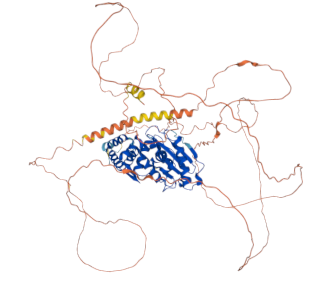Public Trust in Science Increases When Scientists Share Failures

In an era marked by skepticism towards scientific expertise, new research from the University of Michigan reveals that when scientists openly discuss their failures, they can significantly enhance public trust in their work. The study, published in the journal Science Communication on June 24, 2025, underscores the importance of transparency and vulnerability in scientific communication.
The research, led by co-author Annie Li Zhang, a doctoral student in communication and media at the University of Michigan, examined how different self-presentation strategies on social media affect public perceptions of scientists. The study involved 1,843 U.S. adults who were shown simulated social media threads from a fictional scientist. Participants were exposed to posts highlighting either research successes or failures, with some posts incorporating personal narratives about the research process.
Findings indicated that scientists who shared their failures were perceived as more honest, caring, and relatable compared to those who only promoted their successes. Zhang noted, "Our findings suggest that people don't necessarily see failure as incompetence. Instead, they interpret openness about failure as honesty and even strength." While sharing failures did not enhance perceived competence, it also did not harm it, countering the common apprehension among professionals that vulnerability might undermine their credibility.
The study's co-author, Hang Lu, an associate professor of media psychology at the University of Michigan, explained that positive impressions from sharing failures encourage participants to support science funding and trust scientists' policy advice. The study also highlighted that the context of storytelling plays a crucial role; posts portraying scientists as actively overcoming challenges tend to yield better public reactions than those simply enduring difficulties.
This research arrives at a critical time when public trust in science is tenuous. Scientists are increasingly urged to utilize social media to engage with the public effectively. However, many remain uncertain about how personal their online personas should be. The findings provide evidence-based guidance, suggesting that sharing setbacks can build credibility when executed thoughtfully.
The study's implications extend beyond the U.S., as cultural norms around failure and humility vary globally. What resonates with American audiences may not translate effectively in different cultural contexts. Therefore, scientists are encouraged to adapt their communication styles to fit the cultural expectations of their audiences.
In summary, this research emphasizes the potential for greater public engagement and support for science through authentic communication strategies. As scientists strive to connect with the public, it is crucial to recognize that transparency about failures fosters trust and strengthens the relationship between science and society.
For more information, please refer to the study by Annie Li Zhang et al, "When Scientists Share Their Struggles: How Scientists' Self-Presentation on Social Media Influences Public Perceptions, Support for Science, and Information-Seeking Intentions," published in Science Communication (2025). DOI: 10.1177/10755470251322902.
Advertisement
Tags
Advertisement





